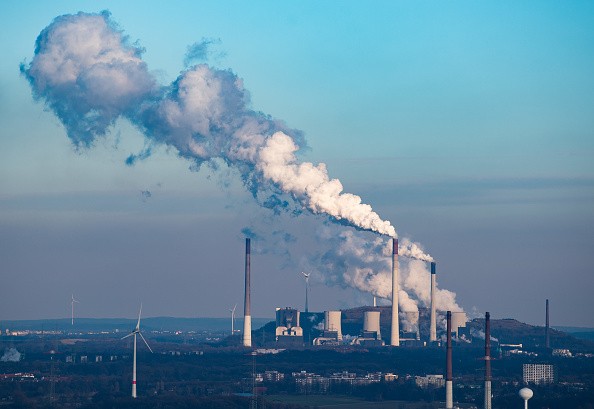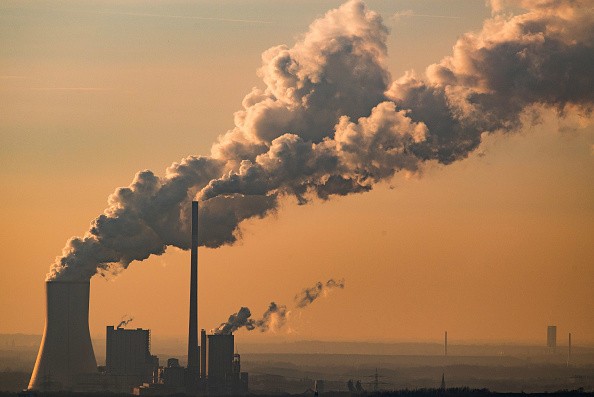The International Energy Agency said the current plans to cut global carbon emissions will decrease 60% short of their net zero goal of 2050, urging leaders to utilize the forthcoming Cop26 climate conference by sending an "unmistakable signal" with detailed policy plans.

Carbon Emission
In its annual World Energy Outlook which was designed again this 2021 as a "guidebook" for global leaders taking part in Glasgow's summit, the IEA projected that carbon emissions would drop by only 40% by the mid-century if countries don't go contrary to their climate pledges.
The dissimilarity between recent plans and the change needed to attain the net zero goal was "stark" which requires about $4tn (£2.94tn) in investment over the coming decade alone to bridge the cut, the organisation said.
Major economies trying to recover from Covid-19 were already losing the chance to encourage investment in clean energy, Fatih Birol, IEA's executive director told the Guardian.
Highlighting sections of the report that reveal coal use rapidly increasing, adding to the second-largest rise in CO2 emissions ever recorded he said, "We are witnessing an unsustainable recovery from the pandemic."
IEA's Outlook
Birol strongly suggests developing economies specifically to make more firm commitments to decreasing carbon emissions. But he said this won't be possible without leaders of developed nations attending Cop26 making moves to unlock money flows into economies that are emerging, by putting pressure on private investors.
"I'd like to see world leaders ... come together and give a political message to the world that we are determined to have a clean energy future.
"[They should say] we are determined, if you invest in old energy sources, dirty energy sources, you are risking to lose your money. If you invest in clean energy, you'll make handsome profits."
The outlook of IEA calculated that about 70% of the $4tn investment needed to get to net zero must go into markets that are coming up and also economies that are still developing.

The Mandatory Task
The most powerful leaders in the world could make it an obligatory task for organisations like the World Bank and International Monetary Fund to make clean energy projects in those countries a priority which acts as a motivation for private capital, Birol said.
The warning emerges as the UK and Europe fight with soaring prices of gas threatening to close factories, rise winter costs for customers, and disturb supply chains that are under pressure for food and retail.
Carbon emissions are a major environmental issue that needs to be tackled. Curbing carbon emissions will help to protect our planet and curb the effects of climate change.
There are many ways in which carbon footprint can be reduced. One easy way is by buying less solid waste, recycling, planting trees, or stopping the usage of fossil fuels.
Related Article : Carbon Emissions May Skyrocket Due to California's Lack of Efficiency in Water Usage
For more news, updates about carbon emission and similar topics don't forget to follow Nature World News!
© 2025 NatureWorldNews.com All rights reserved. Do not reproduce without permission.





